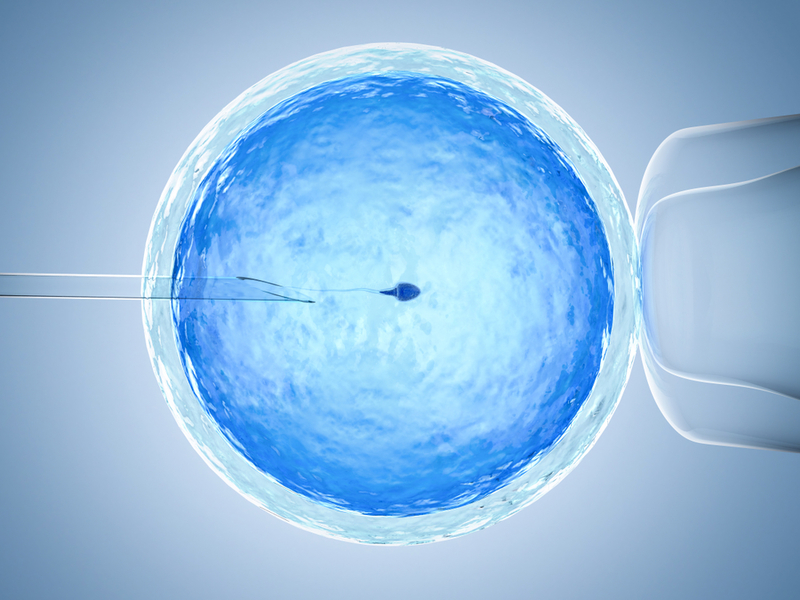Electronic witnessing system: A 'safety valve' in modern IVF practices by Oasis Center for reproductive medicine
ANI Jul 26, 2019
Earlier this month, awful news shocked the medical fraternity and the patients all over the globe. A US couple of Asian descent accused a California fertility clinic of an IVF mix up, leading them to have 'wrong children'. They filed a lawsuit against the fertility clinic when they gave birth to two boys of Non-Asian traits. They also claimed that the DNA tests confirmed that the children were not related to the couple.

This kind of terrible mishap though rare, but may happen once in a blue moon, which can shatter the faith of the patients on medical sciences and destroy the reputation of a fertility clinic. We cannot accept this mishap when the solution to this problem is already there, and a fertility clinic did not care to embrace this technology for zeroing the chances of any mix-up.
Electronic witnessing system (EWS) is a modern-day application in IVF clinical practices. This system can improve traceability and minimize the chances of IVF mix-ups. Without an EWS, embryologists are prone to increase mismatching risks during the IVF process. In an IVF center, a mix-up could potentially be catastrophic for the clinic, clinic staff, and especially patients. Embryologists could face legal challenges and regulatory sanctions, while patients would have to suffer from the psychological damage and with the loss of confidence in the IVF process impacting on future cycles.
Generally, an IVF process has multiple contact points, like oocyte retrieval, sperm collection/processing, oocyte stripping, ICSI or insemination, fertilization, embryo transfer, embryo vitrification, and biopsy, and each of these stages is prone to miscommunication and mix-ups. An IVF witness system uses radio frequency identification tags for tracking and recording patients' information and the biological samples during the IVF process.
Identity of the patient is monitored at every stage of the process, and simultaneously, the system records every information regarding the cycle progress. The system constantly tracks the transfers of gametes or embryos. Each patient receives an individual ID card, which helps verify the identity of the patient and matches that of the eggs, sperm, and embryos.
EWS offers automated cross-checking, ensures critical detection and prevention of human errors, provides a safe and secure environment during process performing, and increases the confidence during every step of the cycle. Without EWS, the usual double-checking approach is vulnerable to human errors including check omission, check incomplete, involuntary automaticity, and non-contemporaneous checking.
Oasis Centre for reproductive medicine is one of the premier fertility centers in India, immensely prospered under the visionary leadership of Dr Durga Rao G., the Co-founder and medical director of the center. Dr Durga entirely focuses on providing the state of art facilities and embracing cutting edge technologies for the best patient satisfaction.
Under her guidance, Oasis has become the first fertility center in India which has adopted EWS for proper tracking and recording process information for ensuring zero chances of a mix-up.
The EWS is paired with ARTis (Assisted Reproductive Technology Information System) - a unique and futuristic web-based Fertility treatment software for the patient and biomaterial monitoring and data archiving purposes. This perfect amalgamation helps the doctors and embryologists maintain a smooth and accurate process flow, minimizing any chances of errors, avoids any mishaps and builds the trust among patients towards the system and services offered by Oasis.
Oasis has five branches in Hyderabad (Banjara Hills, Gachibowli, Dilsukhnagar, Secunderabad, and Miyapur), and branches at Vijayawada, Vizag, Warangal, and Chennai.
-
Exclusive Write-ups & Webinars by KOLs
-
Daily Quiz by specialty
-
Paid Market Research Surveys
-
Case discussions, News & Journals' summaries